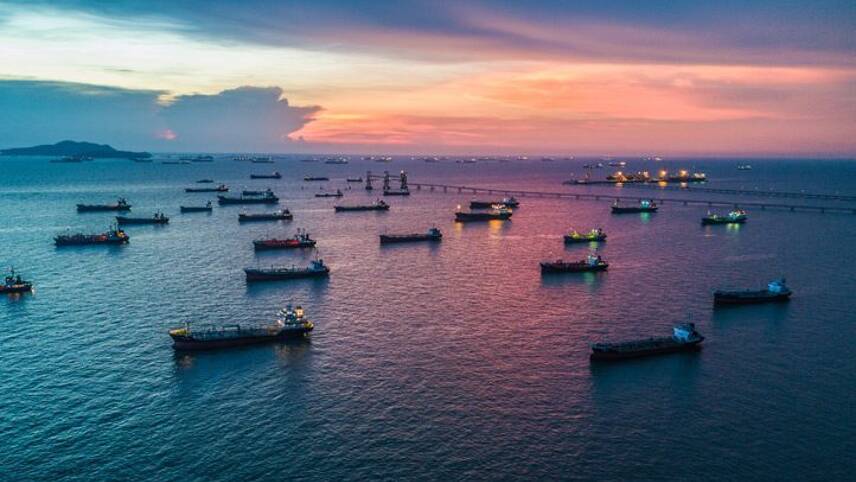Register for free and continue reading
Join our growing army of changemakers and get unlimited access to our premium content

The three firms will concentrate on developing “over-the-shelf” solutions that can be shared across the industry
The three companies have agreed to explore new technological solutions to decarbonise shipping vessels, predominantly through fuel-saving techniques. In the short term, the partnership will trial existing technologies on their ships.
Cargill will use the 650-strong fleet of its Ocean Transportation arm to trial the technology, alongside product tankers provided by Maersk. Mitsui & Co has been instructed to install and run the technology as part of any vessel construction process.
“We are excited to bring together three of the largest players in their respective maritime market segments to actively make shipping more sustainable,” Cargill Ocean Transportation’s global head of assets and structuring, George Wells said.
“With the right expertise, transparency and collaboration, we can make changes to vessels and contracts that will significantly reduce shipping’s GHG footprint.”
According to a report by the European Parliament, the international shipping industry is currently responsible for about 2.5% of global CO2 emissions – but this proportion could rise to 17% by 2050 if the sector is left unregulated.
The average container shipping vessel has a lifespan of 20-25 years, and the three firms will concentrate on developing “over-the-shelf” solutions that can be shared across the industry to help achieve the International Maritime Organisation’s (IMO) 2050 target of halving CO2 emissions from 2008 levels.
Setting sail
Shipping giant Maersk has pledged to become a carbon-neutral business by 2050 – the first commitment of its kind from the global maritime shipping sector. Maersk has reduced its relative CO2 emissions by 46% against a 2007 baseline, largely through the adoption of energy efficiency technologies and the sourcing of renewable power.
More broadly, cargo and container ships are an important transportation method, carrying billions of tonnes of goods across select trade groups each year. However, the heavy boats are often heavy emitters, with research suggesting that vessels of 5,000 gross tonnage and above account for 85% of carbon emissions from the shipping sector.
Some of the largest corporations within the sector have already made progress towards decarbonising their operations, with global non-profit BSR’s Clean Cargo Working Group estimating that emissions per container move have dropped by 37.1% since 2009.
Matt Mace


A lot of words, but what is actually going to propel the ships, it cannot be done on hot air from the Global Heads.
Richard Phillips